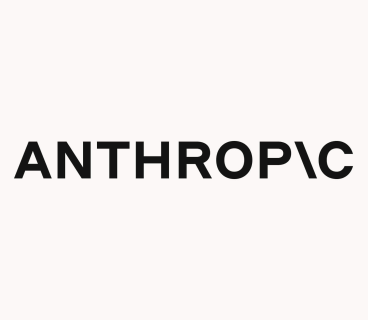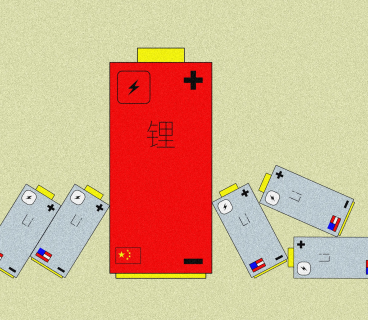According to a new report by the United Nations (UN), the multibillion-dollar cyber fraud industry that emerged in Southeast Asia is now rapidly spreading on a global scale. Criminal networks have expanded their operations to South America, Africa, and Eastern Europe, turning into a transnational crime industry.
According to the UN Office on Drugs and Crime (UNODC), these syndicates are not only involved in online fraud but are also connected to human trafficking. Thousands of people are deceived or forcibly made to work in these centers, carrying out fraud schemes targeting victims from various countries.
"This system is spreading like cancer"
Benedikt Hofmann, UNODC’s acting regional representative for Southeast Asia and the Pacific, stated:
“This fraud system is spreading like a cancer. Authorities take action in one area, but the roots simply move elsewhere.”
The report notes that there are currently hundreds of large-scale “scam farms” operating around the world, generating annual revenues measured in the tens of billions of dollars. In the United States alone, over $5.6 billion in financial losses due to cryptocurrency fraud were reported in 2023. Of this amount, $4 billion was obtained through schemes like "romance scams" and "pig-butchering," which mostly targeted elderly and vulnerable individuals.
Criminals Shift to New Regions
In recent months, although governments in China, Thailand, and Myanmar have intensified efforts to combat these networks, the syndicates have moved to areas with weaker oversight and higher levels of corruption — such as border regions in Laos, Cambodia, and Myanmar. In some areas, the Thai government has cut off electricity and internet access in an attempt to cripple these cyber hubs.
However, the criminal networks are not limiting themselves to Asia. They are establishing cooperation with drug cartels in South America and expanding into African countries such as Zambia, Angola, and Namibia. They have also left traces in Eastern Europe, including Georgia.
Victims from Over 50 Countries
UNODC reports that due to the global scale of these operations, individuals from over 50 countries — including Brazil, Nigeria, Sri Lanka, and Uzbekistan — have been recruited into the system. Some of them have been rescued during raids conducted in border regions.
UN Calls for International Cooperation
UNODC warns that the cyber fraud industry has reached a “crisis point,” and without global cooperation, the consequences could be devastating not only for Southeast Asia but for the entire world.
Pen Bona, a spokesperson for the Cambodian government, stated that their country is also a victim of this industry and that legal reforms, international cooperation, and strengthened law enforcement measures are being implemented to address the issue.
“Solving such a complex problem requires unity and cooperation, not mutual blame,” he added.












